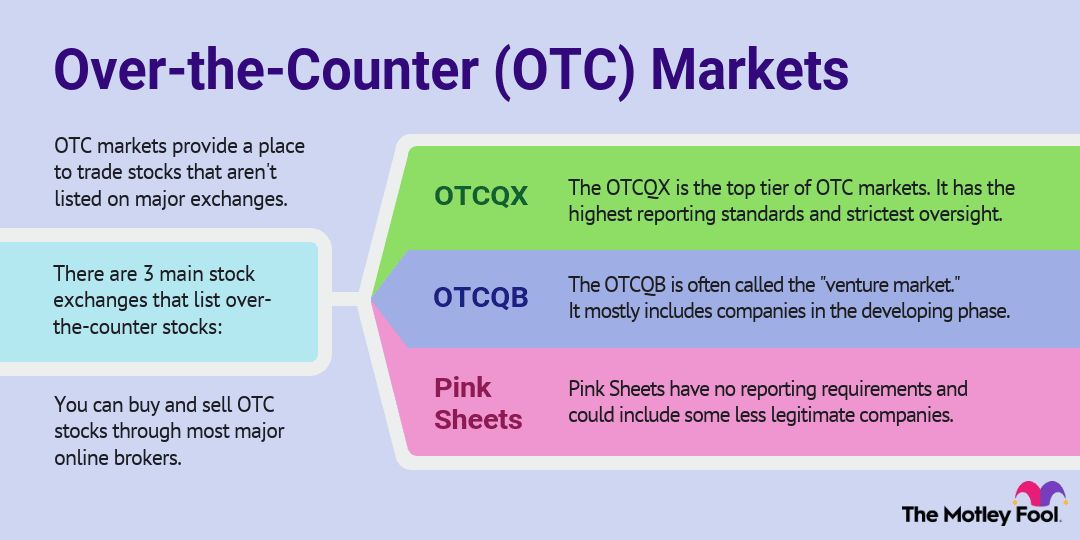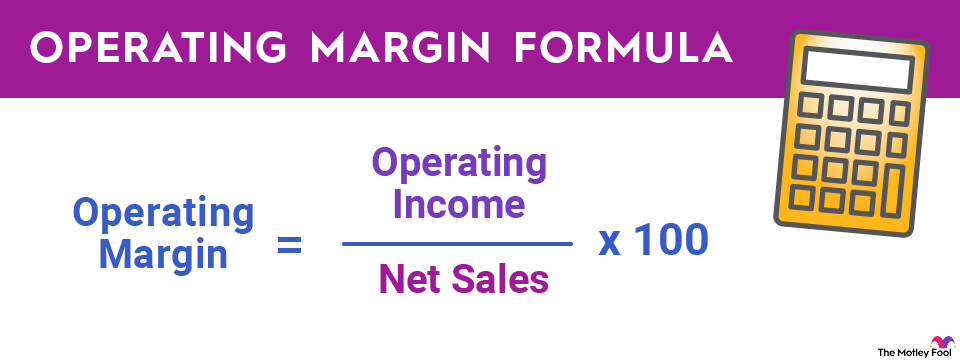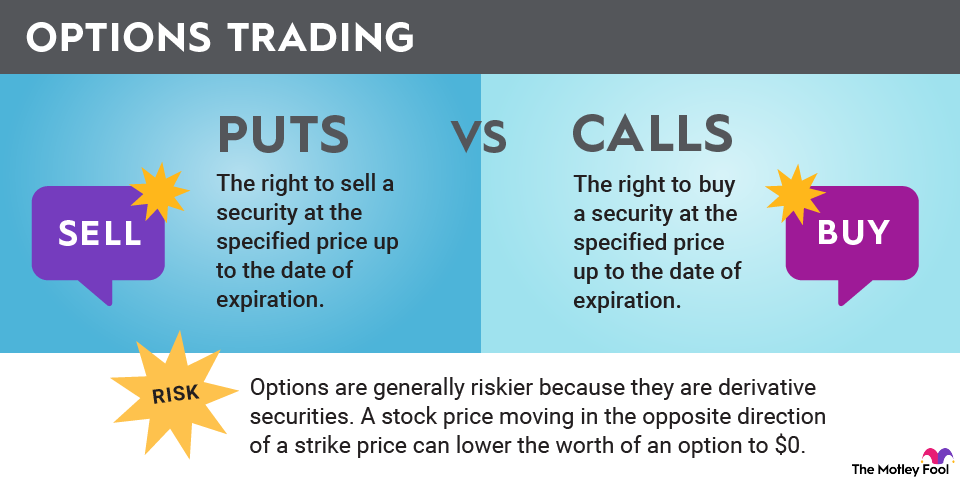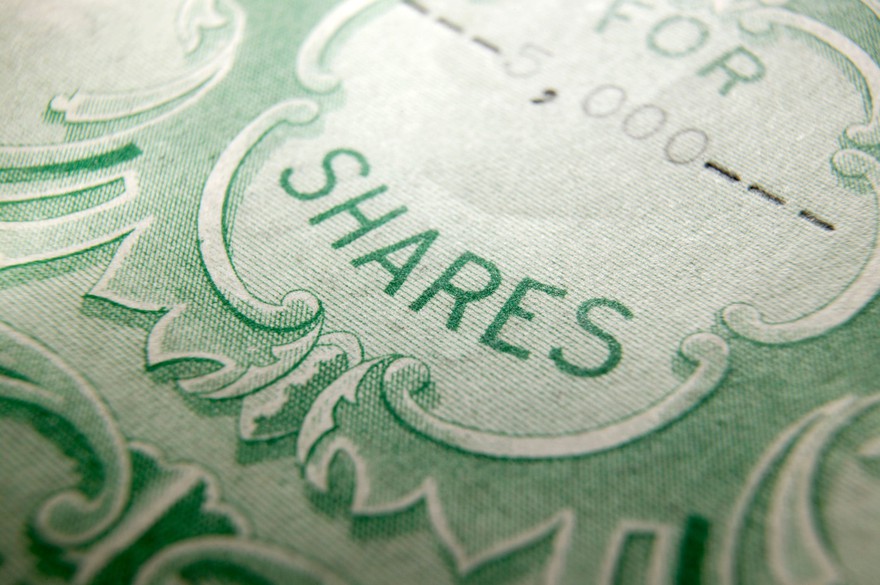Some digital coins fill very specific roles in the cryptocurrency industry. An oracle coin, for example, is a highly specialized token that feeds real-world information into smart contracts. Here's how it works.
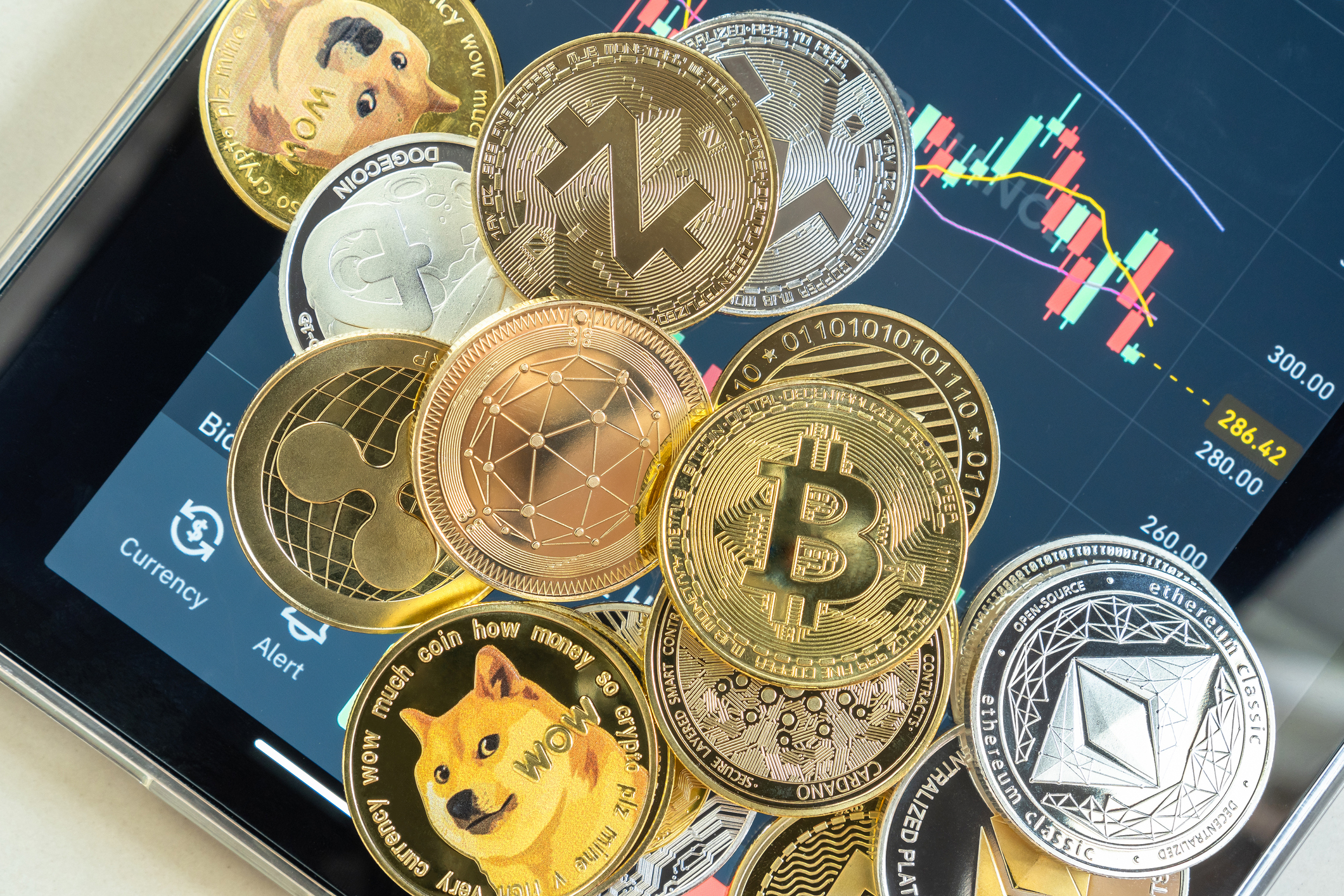
What is an oracle coin?
In the context of cryptocurrencies and blockchain systems, an oracle provides an interface between blockchain networks and the real world. An oracle coin is a cryptocurrency token that carries this data over an oracle network to where it is needed. Smart contracts can tap into this resource to read data from various sensors and measurable conditions. This way, the oracle coin's information can trigger transactions within the smart contract.
Smart Contracts
This role is crucially important to smart contracts. Without oracle coins, smart contract platforms such as Ethereum (ETH +1.48%), Solana (SOL +4.41%), and Cardano (ADA +9.73%) would be limited to taking action exclusively on data that is available within the cryptocurrency itself. That would be a closed system, and oracle coins open the door to lots of alternative data sources.
How can oracle coins help investors?
Oracle coins can help investors in two important ways.
First, you can invest in oracle coins if you expect them to become more important over time. Those minuscule fees per data feed can add up when you're looking at millions of people using a popular app or service. Chainlink is the only oracle option worth mentioning so far, but other alternatives could bubble up anytime.
The other option is to make use of oracle-powered financial services. This idea could gain traction as the ideas of decentralized finance (DeFi) and Web3 content management go more mainstream. One fine day, smart contracts might give all of us the power of ultra-automated trading systems. If that's where we're going in the long run, just remember that no action can be the best action, and master investor Warren Buffett often says that "sitting on his hands" is the real secret to his success. Just because we can set up sophisticated trading patterns doesn't mean that we should.
In a nutshell, oracle coins are the unsung heroes of the smart contract world. They bridge the gap between blockchain networks and real-world data, making it possible for smart contracts to interact with everything from sports scores and weather data to market prices and Internet of Things sensors.
As decentralized finance and Web3 technologies continue to mature, the importance of these specialized tokens is only going to grow. So keep an eye on this space. Decentralized finance and other emerging systems can't work without it.

